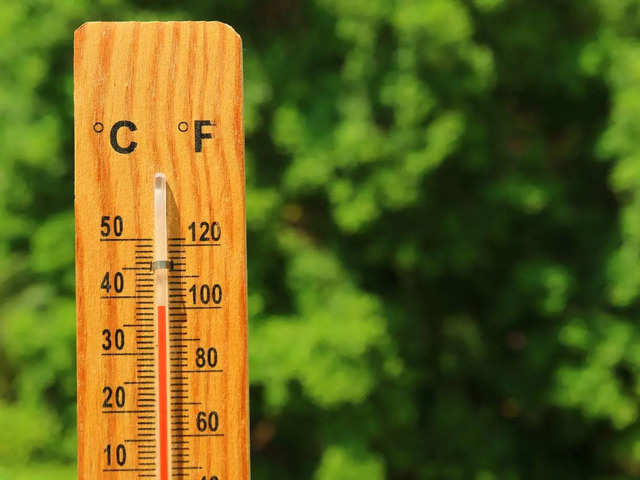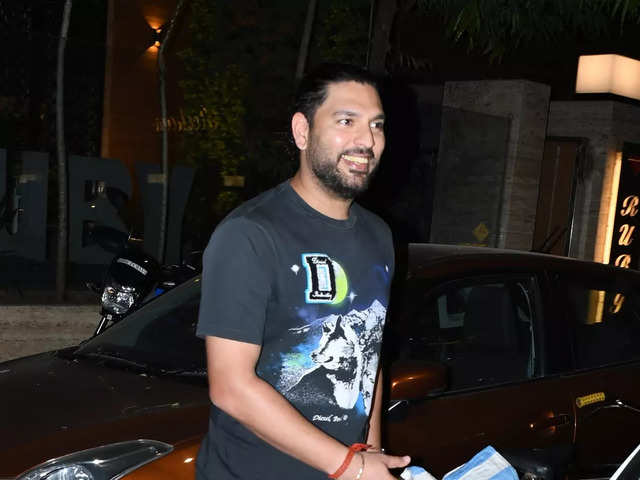
Plugging Madison Avenue's brain drain
Hello and welcome to the first edition of the revamped
In each Thursday's letter you can expect to-the-point analysis breaking down the biggest industry stories and why they matter. We'll also deliver exclusive interviews, scoops, and data to keep you one step ahead of your competitors. And it goes without saying: There will be puns.
Over the course of the next few weeks and months, we'll be trying out some new things with Insider Advertising - so please do send your feedback to loreilly@insider.com on what you'd like to see more - and less - of.
- Ad industry's labor shortage
- Adtech's deal flurry
- TikTok on its Euro 2020 sponsorship
Leaving on a jet plane
Much like their fellow executives in hospitality, banking, and the airline sector, ad-agency bosses are grappling with labor shortages.
As my colleagues Lindsay Rittenhouse and Patrick Coffee reported, ad-agency workers are abandoning ship in droves, with many citing burnout or a desire for more flexible working.
The return to the office is now likely to serve as another pressure point - and for some, close proximity to certain coworkers or clients presents a grim prospect.
Earlier this week, Zoe Scaman, the founder of the London-based strategy studio Bodacious, lit a fire under Adland with her essay "Mad Men. Furious Women," which put the industry on blast for not doing enough to stamp out misogyny and harassment.
Indeed, a 2020 survey from the UK ad-industry nonprofit TimeTo, found that 49% of agency staffers polled were concerned sexual harassment would be a bigger issue once back in the office, with some fearing a release of untoward "pent up" feelings.
All in all, not a great advertisement for agencies desperately trying to recruit new talent - and just as the workload from clients has begun to rebound.
Cindy Gallop, the entrepreneur, consultant, and former ad exec, told me there were some practical steps agency leaders should be taking to address these issues and prevent more workers from tapping out of advertising altogether:
- Fire every white male sexual harasser and sexist bully currently in power.
- Promote women into those leadership roles instead.
- Stand back and let women lead, design, and manage the future of the industry.
"I guarantee those steps will not only stop people leaving the industry, but, when the industry is led, designed, and managed by women - i.e., the primary advertising target - have talent flooding into advertising instead," Gallop said.
Related reading: Ad Age's Jeanine Poggi takes an in-depth look at how ad agencies are living up to the diversity promises they made last summer - and where they're falling short.
Merger, she wrote
In a stark reversal to the past few wilderness years, you're now the exception to the rule if you're an adtech company of a certain vintage that isn't public or filing to go public. The latest to join the ever-bulging adtech IPO list is the Altice-owned video-ad specialist Teads, which filed on Tuesday.
Meanwhile, adtech M&A is going gangbusters.
"Just about every adtech company is in play, and if not, they should be," Nick MacShane, the senior managing director at Progress Partners, told me. (Which is exactly what I'd be saying if I were an adtech banker, too.)
The Wall Street Journal's Alexandra Bruell reported last week on why adtech had come back in vogue. The tl;dr version: Digital ad spending is up, public adtech company valuations are higher, interest rates are low, and there's a growing appetite for adtech in new areas like streaming TV and e-commerce.
(I'd also throw in another reason some companies are looking for a quick exit, from the JEGI Clarity managing director Hugh Boston: "In the States, certainly for some types of businesses that are founder-owned, there's a concern that capital gains tax could go up, effective next year.")
What does it all mean for advertisers? Probably a bunch of new vendor names and logos to learn for one (MNTN, anyone?) But also, hopefully, it means more of those vendors will have the money and scale required to throw resources at some of the industry's biggest challenges - particularly around data privacy. At least before the founders cash out and sail into the sunset on an adtech flotilla, that is. (I jest, I jest.)
The only way is up?

The 90-second slot
In this semiregular corner of the newsletter, I'll bring you a rapid-fire, 90-second interview with the industry's most influential executives who are dominating the week's advertising news.
This week, I spoke with James Rothwell, the head of EMEA marketing at TikTok, an official sponsor of the UEFA Euro 2020 soccer football tournament.

You weren't initially a sponsor of Euro 2020 before it got COVID-delayed. Why did you hop on board for the postponed version?
Our overall goal as a brand is to really become part of the fabric of the European culture and society - and football is the absolute lifeblood of European culture. As we've grown our user base and grown our brand it really felt like a natural next step.
What's the key metric you're looking at to measure the success of your Euro 2020 activity?
We are really hoping we are going to continue to be welcomed with football fans in Europe and beyond, so brand health and association with the sport is important to us. We're very carefully tracking engagement in the app: video creation; video consumption; overall fan engagement for football.
When we launched this on February 11 we had 70 billion views for #football - we are now at 154 billion views. (#Soccer is at 71 billion views.)
Does this pave the way for more big TikTok sponsorships?
We want to continue to play a role in the cultural events that matter, whether that's football or beyond. We've made an amazing first step in the football space.
We want to continue doing that, whether that's the news that came out with [Ryan Reynolds and] Wrexham and Burnley last week, or ongoing conversations we're having with leagues, players, and teams, we're here to stay in football.
Who's going to win the tournament?
England!
Recommended reads
- TikTok has hired Krystle Watler, a former executive at Vice's ad agency Virtue, as its first creative agency lead - Insider
- Dentsu has a massive Olympics-shaped hole to dig itself out of - Financial Times
- How Robinhood reduced paid marketing expenses by 14% and its average customer-acquisition cost by more than 60% - Insider
- Media buyers say a chunk of the volume of ad commitments in this year's US TV upfronts is moving away from prime time. Still, US TV advertisers are expected to spend $19.90 billion up front in the 2021-2022 TV season, an increase of 7.6% over the previous cycle. - Variety/eMarketer
- A look at the challenges that await marketers now that the NCAA has cleared the path for athlete endorsement deals - Adweek







